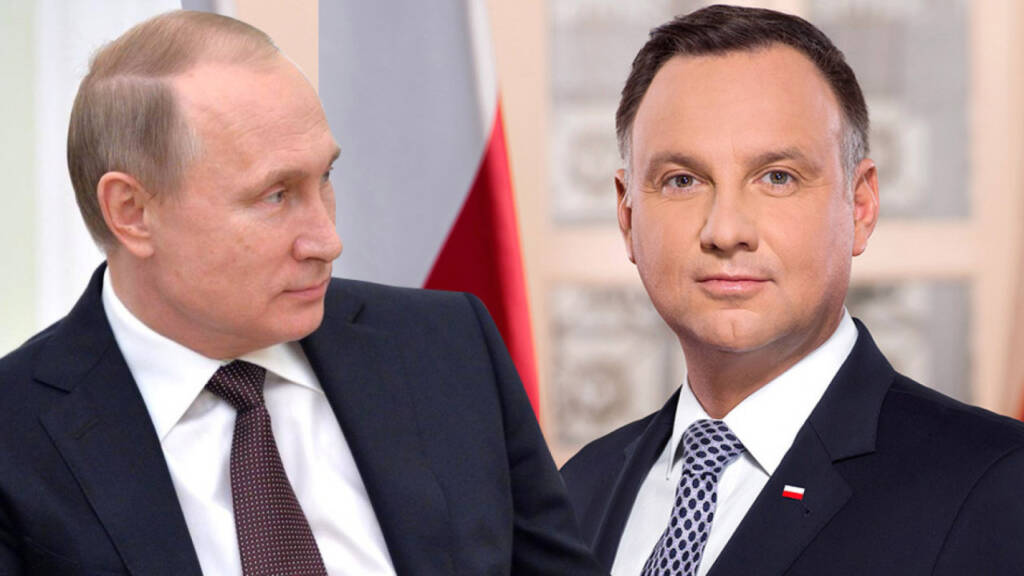Poland’s recent decision to rename Kaliningrad to Królewiec has caused controversy due to the strategic importance of the exclave for Russia. Kaliningrad is a small Russian territory located between Poland and Lithuania on the Baltic Sea. It has long been a key strategic location for Russia’s military and nuclear capabilities.
On 9th of May, Poland’s Committee on Standardisation of Geographical Names Outside the Republic of Poland said it was recommending with immediate effect that the city be known in Poland as Królewiec and the exclave’s wider area as Obwód Królewiecki.
It said the rename Kaliningrad was unrelated to either the city or the region and had an “emotional and negative” resonance in Poland.
“Each country has the right to use in its language traditional names constituting its cultural heritage, but it cannot be forced to use names unacceptable by it in its language,” the committee said.
In response to this, Russia said the rename Kaliningrad decision was “bordering on madness” and “a hostile act”.
“We know that throughout history, Poland has slipped from time to time into this madness of hatred towards Russians,” said Kremlin spokesman Dmitry Peskov.
Historically, the region was known as Königsberg and was part of East Prussia for hundreds of years before World War II. After the war, the Soviet Union gained control of the region and renamed it Kaliningrad after Mikhail Kalinin, one of the leaders of the Bolshevik revolution. Today, Kaliningrad serves as a critical naval and air base for Russia’s Baltic Fleet, providing access to the Atlantic Ocean.
The exclave’s proximity to several NATO member countries, including Poland and Lithuania, makes it a highly strategic location for Russia. During the Soviet era, Kaliningrad was a closed city and a major military stronghold. It served as a key base for the Soviet Union’s naval and air forces in the Baltic region. After the collapse of the Soviet Union, Russia retained control of the region, and it became an enclave within the European Union.
Read More: With one power move, Poland challenges the German leadership of the EU
As an enclave of the Russian Federation located between Poland and Lithuania, Kaliningrad is also an important strategic location for Russia’s nuclear capabilities. Russia maintains a nuclear weapons storage site near Kaliningrad, believed to be part of the country’s nuclear deterrent. In addition to its nuclear weapons, Russia also operates a nuclear power plant in Kaliningrad, the Baltic Nuclear Power Plant. The plant, which began operation in 2020, consists of two VVER-1200 pressurized water reactors and has a total capacity of 2.4 GW. The Baltic Nuclear Power Plant is operated by Rosenergoatom, the same state-owned company that operates Russia’s other nuclear power plants.
Russia has accused Poland of attempting to rewrite history and disregarding international agreements. The renaming has also sparked concerns about escalating tensions between Russia and its NATO neighbors.
Read More: Poland’s unrealised potential
While Poland has stated that the name Kaliningrad has negative connotations in Poland due to its Soviet-era origins, many have questioned the timing and motive behind the decision. With tensions already high between Russia and the West, some experts believe that Poland’s move could be seen as a deliberate provocation towards Russia.
The renaming of Kaliningrad is just the latest in a series of moves by Poland to strengthen its position in the region. Poland has been increasing its military presence and has called for increased NATO presence in the Baltics in response to perceived threats from Russia. The move to rename Kaliningrad could be seen as a further attempt by Poland to assert its dominance in the region.
Kaliningrad is a highly strategic location for Russia due to its location on the Baltic Sea and its proximity to several NATO member countries. While Poland has stated that the renaming was due to negative connotations associated with the name Kaliningrad, many believe that the decision was a deliberate provocation towards Russia. The situation remains tense, and it is uncertain how it will develop in the future.
https://www.youtube.com/watch?v=hAA2M2vHQ9g
